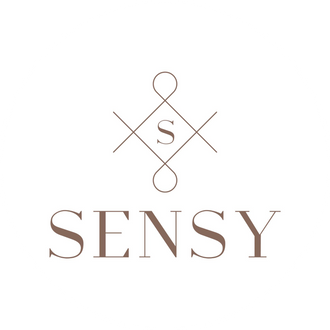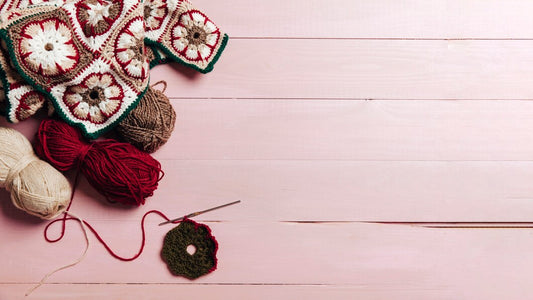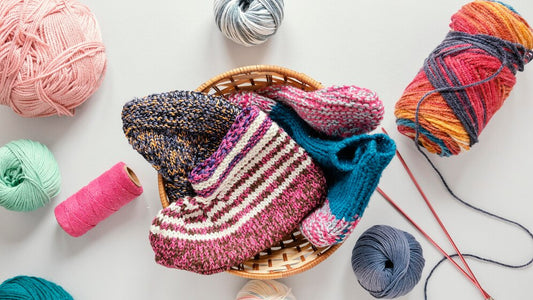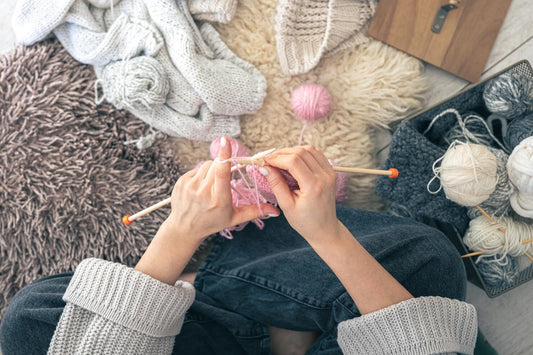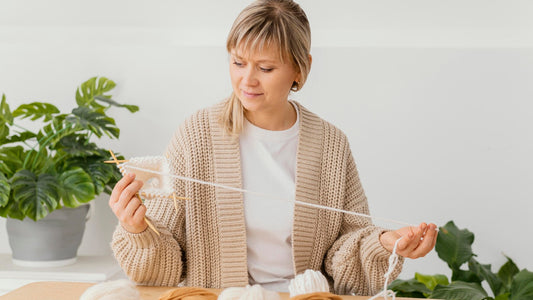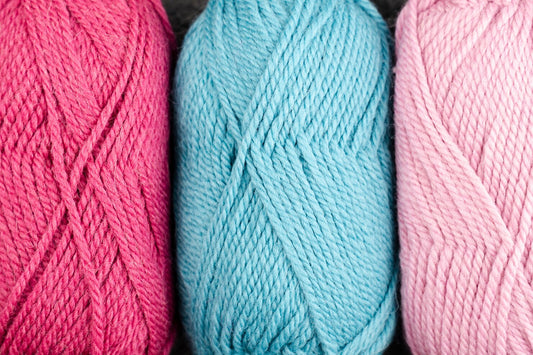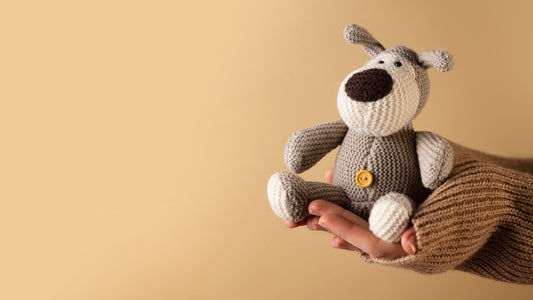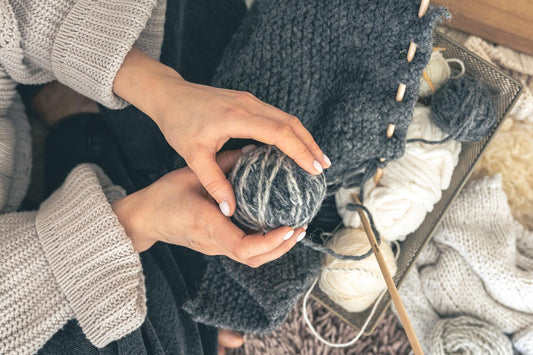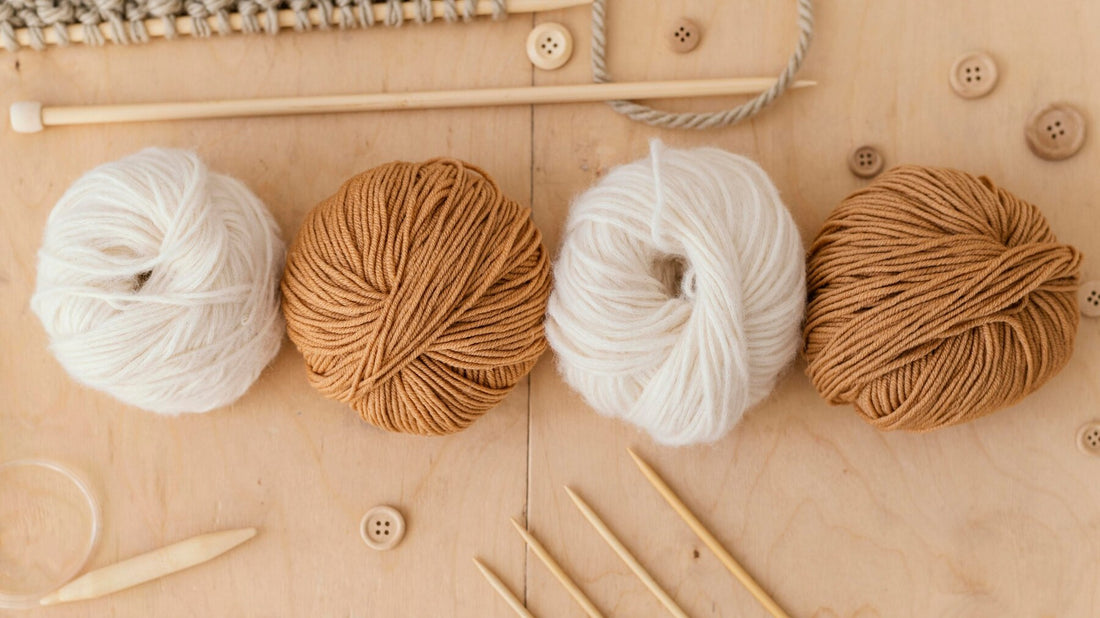
Exploring Eco-Friendly Yarn Options: Sustainable Choices for Crafters
As awareness of environmental issues grows, many crafters are seeking eco-friendly alternatives for their knitting and crocheting projects. Fortunately, there are plenty of sustainable yarn options available that allow you to create beautiful handmade items while minimizing your carbon footprint. In this blog post, we'll explore some eco-friendly yarn choices and how they contribute to a more sustainable crafting practice.
1. Organic Cotton Yarn

Organic cotton yarn is made from cotton grown without the use of synthetic pesticides or fertilizers, making it a more environmentally friendly option compared to conventional cotton. By choosing organic cotton yarn, you support sustainable farming practices and reduce the environmental impact of your crafting projects. Organic cotton yarn is available in a variety of weights and colors, making it suitable for a wide range of projects.
2. Bamboo Yarn

Bamboo yarn is derived from bamboo grass, a fast-growing and renewable resource that requires minimal water and pesticides to cultivate. Bamboo yarn has a silky texture and drapes beautifully, making it ideal for lightweight garments and accessories. Additionally, bamboo yarn is biodegradable, meaning it breaks down naturally over time, reducing waste in landfills.
3. Recycled Yarn

Recycled yarn is made from pre-consumer or post-consumer textile waste, such as fabric scraps or discarded clothing. By repurposing existing materials, recycled yarn helps reduce the demand for virgin fibers and minimizes the amount of waste sent to landfills. Recycled yarn is available in various blends and colors, allowing you to create unique and sustainable projects while reducing your environmental impact.
4. Hemp Yarn

Hemp yarn is made from the fibers of the hemp plant, which is grown without the need for synthetic pesticides or herbicides. Hemp is known for its strength and durability, making it suitable for a wide range of projects, from durable bags and accessories to sturdy home decor items. Additionally, hemp is a highly sustainable crop that requires minimal water and can be grown in a variety of climates, further reducing its environmental impact.
5. Wool Alternatives

For those who prefer animal-free options, there are several eco-friendly alternatives to traditional wool yarn. Plant-based fibers such as soy, corn, and linen offer similar properties to wool, including warmth, breathability, and moisture-wicking capabilities. These fibers are derived from renewable resources and require fewer resources to produce, making them more sustainable choices for environmentally conscious crafters.
Exploring eco-friendly yarn options allows crafters to create beautiful handmade items while minimizing their environmental impact. Whether you choose organic cotton, bamboo, recycled, hemp, or plant-based fibers, there are plenty of sustainable yarn choices available to suit your preferences and project needs. By making conscious choices about the materials you use, you can contribute to a more sustainable and eco-friendly crafting practice that benefits both people and the planet.
